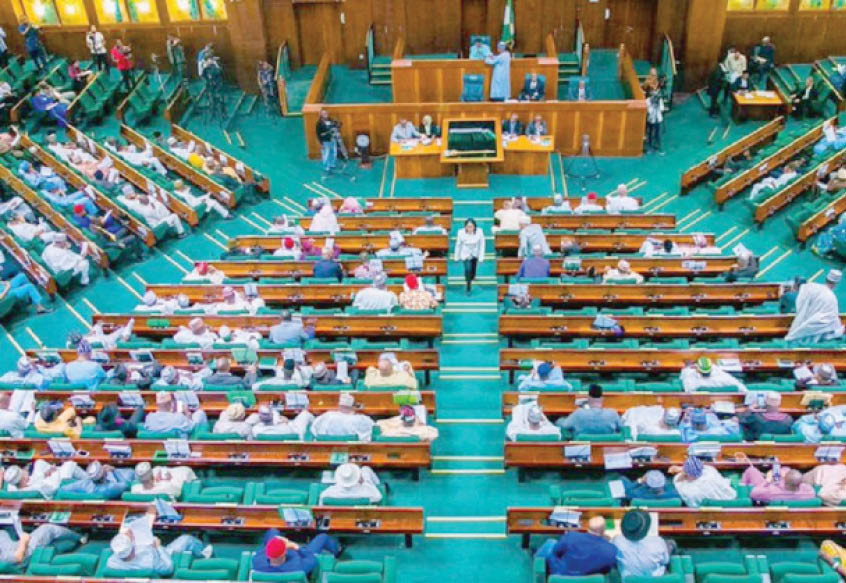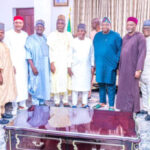The Catholic Bishops Conference of Nigeria (CBCN) has rejected a bill seeking to establish National Council of Christian Education, pointing out that the proposal violates sections 10 and 42(3) of the Constitution of the Federal Republic of Nigeria, 1999.
Rather than promoting a bill that violated the secular character of Nigeria, the bishops tasked the Christian Association of Nigeria (CAN), which originally pushed for the bill at the National Assembly, to promote legislations that decisively address unprovoked attacks on Christians in the North, among others.
They rejected the bill in a statement by the President of CBCN, Archbishop Lucius Ugorji and Secretary, Bishop Donatus Ogun, revealing different parts of the bill that contravened the country’s grundnorm.
The bill, which seeks to develop, regulate and approve syllabuses/contents at all levels of Christian education, was sponsored by Hon. Rimamde Kwewum, Hon. Beni Lar, Hon. Yusuf Ayo Tajudeen, Hon. John Dyegh, Hon. Solomon Bob and Hon. Benjamin Mzondu.
National Council for Christian Education Bill UnConstitutional, Catholic Bishops Tell Lawmakers
Seaport terminal operators jack up cargo handling charges by 45%
Among others, the bill was also designed to certify Christian religion education instructors at basic and secondary levels; approve the content of all Christian Religion Education in all schools and accredit programmes of Christian theological institutions.
In its design, the bishops lamented that the bill made no exemption for seminaries and other religious institutes owned by the various Christian denominations across the federation.
On this ground, the bishops claimed that the bill infringed on the rights of these various Christian denominations to provide instructions and formation according to their respective doctrines, citing Section 42 (3) of the 1999 Constitution.
The section stipulates: “No religious community or denomination shall be prevented from providing religious instruction for pupils of that community or denomination in any place of education maintained wholly by that community or denomination.”
They also claimed that the bill “is incompatible with the secular character of the Nigerian State as enshrined in Section 10 of the 1999 Constitution of the Federal Republic of Nigeria.
“In as much as the governments at the federal or state level, has not and cannot adopt any religion as its official religion, it must respect the juridical principles that govern the relationship between the State and the Church,” the bishops pointed out.
The bishops explained that the idea of pursuing a bill “to regulate religious studies in secular schools came up during the education summit organised in 2019 by the Association of Christian Schools in Nigeria, a body of mostly pentecostal private school owners and some protestant denominations.”
They observed that the bill was neither intended to regulate theological concerns nor to have anything to do with theological institutions as originally intended and conceived.
After discussing the idea, the bishops disclosed that CAN decided to pursue it by asking the lawmakers to sponsor the bill, alleging that some elements were added to the bill at some points, which certainly are not in the interest of the Church.
They further said the bill “is unnecessary and impracticable because of our doctrinal differences. Our juridical autonomy in matters of education is being surrendered to the government.”
They also challenged CAN to undertake “a proper needs assessment to determine the needs of Christians in Nigeria that would require the support of the government. Asking the government to establish a Council for Christian Education simply because Muslims have one is counterproductive.
According to the bishops, it is imperative to revisit and properly examine CAN’s original purpose as opposed to what is expressed in the bill presented at the National Assembly.”

 Join Daily Trust WhatsApp Community For Quick Access To News and Happenings Around You.
Join Daily Trust WhatsApp Community For Quick Access To News and Happenings Around You.


